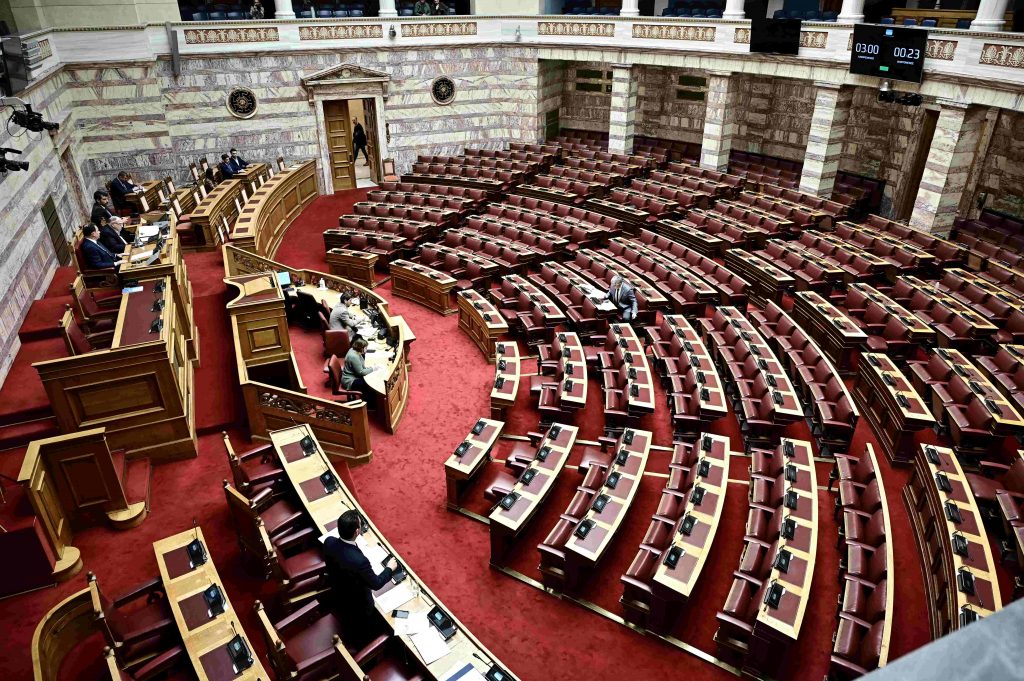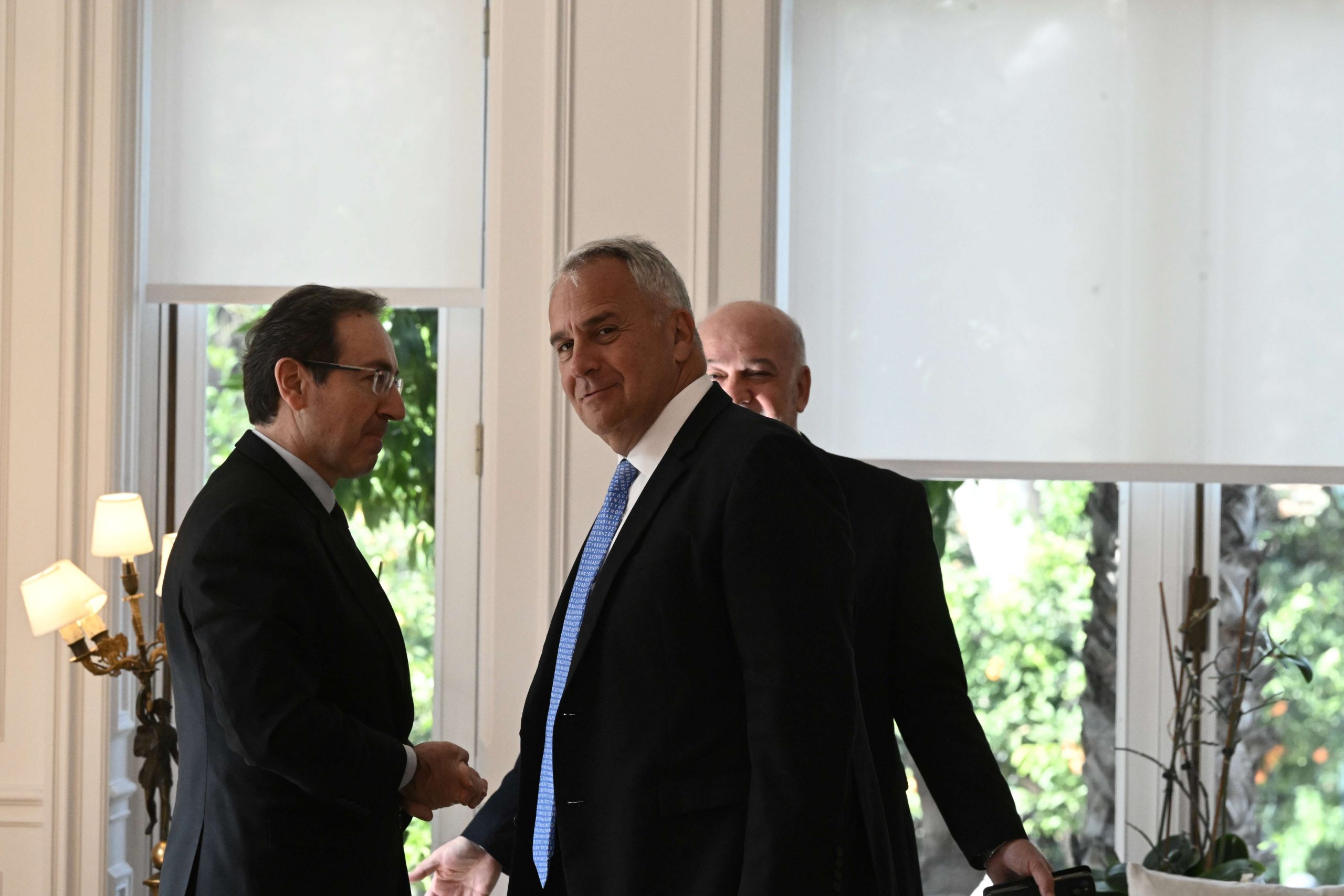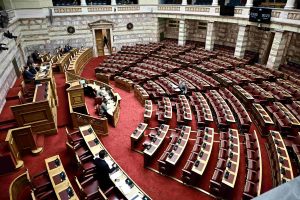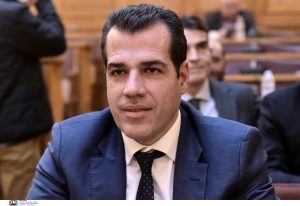As the public dialogue about the government’s contentious same-sex marriage draft bill continues to unfold, Minister of State Makis Vodiris, who has been one of the most outspoken critics of the draft legislation, justified his stance in a television interview on Friday, maintaining among others its unconstitutionality.
The minister, who openly opposed the draft bill during a recent Cabinet meeting, said his criticism was founded on three main objections, including two Human Rights rulings in 20210 and 2017, the provision of Article 21 of the Greek Constitution and the disparity between the two legal traditions, English Common Law and the Continental European civil Law, which Greece follows.
As he said during the interview, “In the European Court of Human Rights, in two cases in 2010 and 2017, the refusal of administrations of other states to grant the right to marriage to same-sex couples has been judged.”
He continued by explaining that the ECHR had ruled similarly in both cases deeming in both instances it was a matter within the discretionary power of states to regulate, if they chose so. “However, if they do not regulate it, there is no violation of human rights and the principle of equality,” he added.
In terms of the unconstitutionality of the bill, Voridis focused on the provision of Article 21 of the Constitution, specifically the phrase “the family, as the foundation of the preservation and promotion of the Nation, as well as marriage, motherhood, and childhood, are under the protection of the State.”
Finally, his third argument rested on the distinction between European (German) and English Law. “In contrast to Anglo-Saxon law, in our civil code, influenced by the corresponding German code, emotional phrases are not used. The code, within the context of marriage, only specifies the obligations of spouses,” he said.
Regarding the question of why he did not resign from the ministerial position, as requested by some, he countered that “the prime minister determines the government, and this issue is not raised by him. I want reconciliation, unity, and not to sacrifice the significant work that the government and the prime minister are doing.
The minister clarified that his decision was not influenced by popularity or polls, stressing that his stance was based on personal principles.










